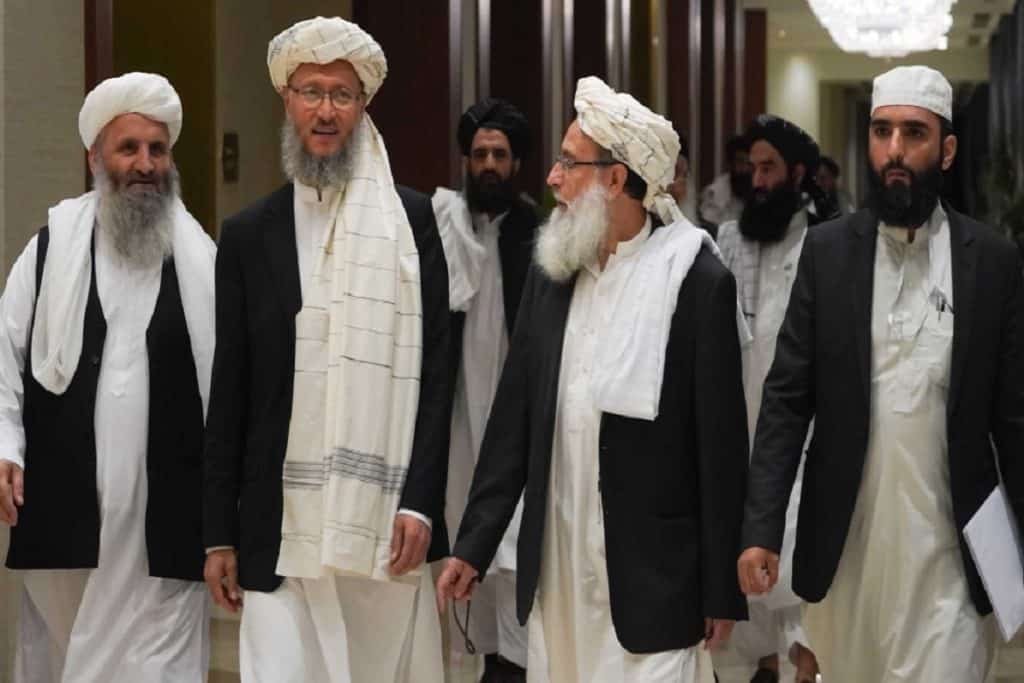By Denis Korkodinov
As result of the abolition of the special status of Kashmir in the region, irreversible geopolitical changes can occur that will affect the military and political development of South Asia in the near future. Despite the fact that the Indian Government, by repealing Article 370 of the Constitution of the country, which gives the disputed territories special status, tries to explain its step by internal reasons, in fact, the basis of such policy is in the international relations.
It is worth noting that almost immediately after New Delhi announced the reorganization of Kashmir status, US Special Envoy to Afghanistan, Zalmay Khalilzad, held talks with Taliban representatives and intends to go to India to participate in another round of talks .
The Taliban have expressed their readiness to accept the White House administration’s proposal, and a cooperation agreement between the parties is likely to be concluded within this month. Meanwhile,
In the recent past it would have been completely impossible to imagine that the Taliban would agree to conclude an agreement with the United States. This suggests that dramatic changes may occur in Afghanistan for the foreseeable future and the Ashraf Ghani’s government may be defeated.
This perspective is also in line with Islamabad’s interests, with Pakistan’s Prime Minister Imran Khan also being particularly cautious about developing India’s Kashmir policy. Pakistan understands that Washington is behind the actions of Narendra Modi. And Kashmir’s status appears to have been a bargaining chip in the resurgence of Taliban influence in Afghanistan. Islamabad expects to increase its influence in Kabul. However, in the event of a breakdown in the negotiation process between the White House administration and the Taliban, Pakistan risks being left with nothing.
Islamabad has already faced a situation where its “trump card” – the Taliban – actively cooperated with India. The governments of Rajiv Gandhi, Manmohan Singh and Naramsimha Rao actively supported the Taliban at a time when Pakistan was only trying to engage in dialogue with them. At the moment, the stakes are extremely high, and Islamabad will not risk breaking its alliance with the Taliban for stability in Kashmir.
(The views expressed in this article belong only to the author and do not necessarily reflect the views of World Geostrategic Insights)
Image Credit: Sorin Furcoi/Al Jazeera







